President Donald Trump has announced a new trade agreement with Indonesia, imposing a 19% tariff on Indonesian goods imported into the United States. This tariff is a reduction from the previously threatened 32% duty and is part of a broader strategy to renegotiate trade terms and reduce the U.S. trade deficit.
In exchange, Indonesia has agreed to purchase $15 billion in U.S. energy products, $4.5 billion in American agricultural goods, and 50 Boeing jets, including many 777 models. Additionally, the U.S. will eliminate tariffs on its exports to Indonesia, granting full market access.
The agreement also includes provisions for Indonesia to exempt U.S. technology goods from its local content requirements and to impose zero tariffs on all U.S. goods except for alcoholic beverages and pork. Indonesia will also ease import quota restrictions on certain U.S. products. The deal aims to address trade imbalances and strengthen economic ties between the two nations.
However, the European Union has expressed concerns over the escalating trade tensions. In response to the U.S. imposing 30% tariffs on EU imports, the EU is preparing countermeasures worth €72 billion ($84 billion). These measures target a wide range of U.S. products, including aircraft, food, and beverages. The EU has indicated that it will implement these countermeasures if a trade deal is not reached by August 1.
German Finance Minister Lars Klingbeil has called for a swift end to the global tariff conflict, emphasizing the need for a fair agreement over forced compromise. He highlighted that the proposed 30% U.S. tariff on EU imports would significantly hurt Europe’s export-reliant economy. Both Klingbeil and Bundesbank President Joachim Nagel have urged the U.S. not to escalate tensions, as prosperity is at risk globally.
The U.S. administration is also planning to send tariff rate letters to several other countries and implement tariffs on imported pharmaceuticals. The average U.S. tariff rate is expected to rise significantly, reaching its highest level since 1933.
As trade negotiations continue, the global economic landscape remains uncertain, with countries seeking to balance national interests with the need for international cooperation.

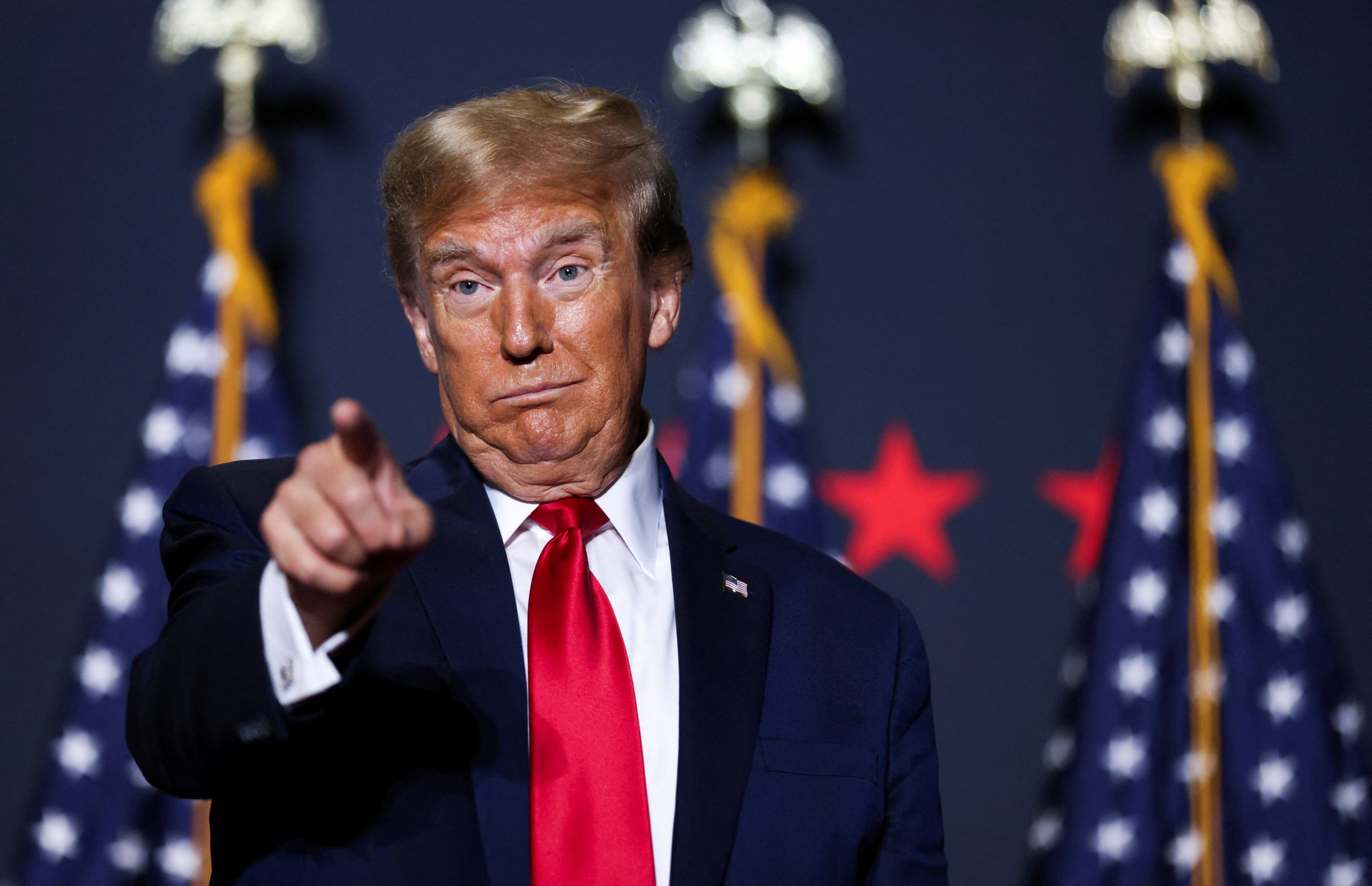
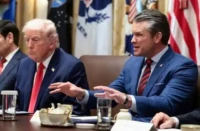
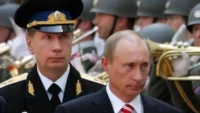


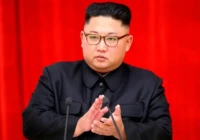
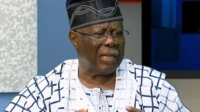
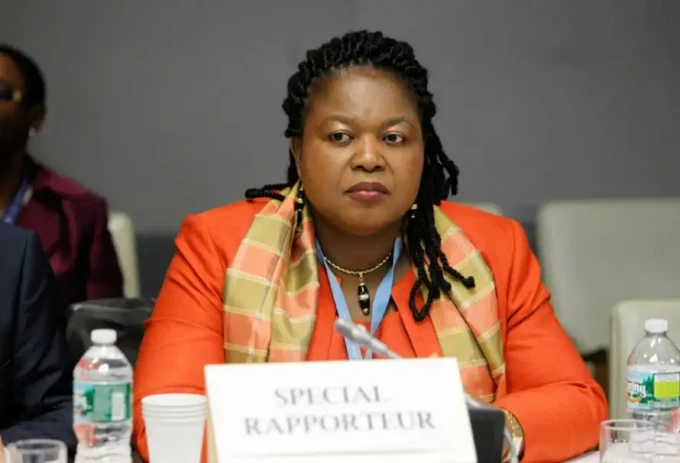
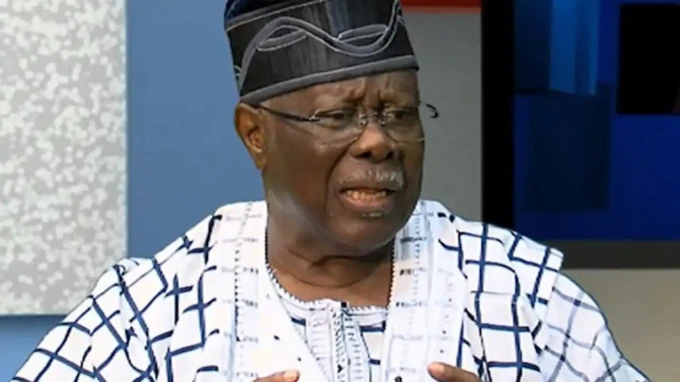

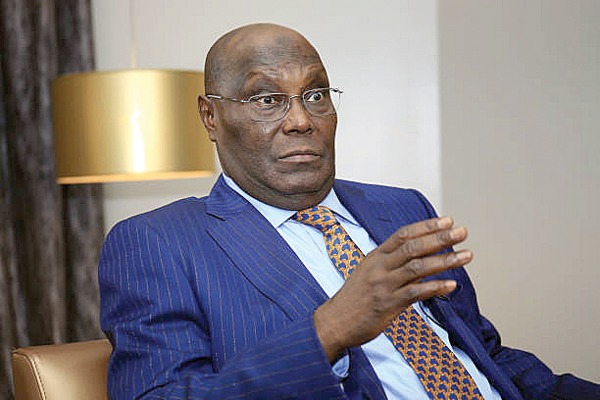
Wow, this tariff drama is heating up! Do you think the EUs countermeasures will actually make a difference? Lets discuss!
Isnt this just escalating tensions for no reason? Cant they find a better solution? 🤷♂️ #TradeWar
I cant believe Trump is escalating trade tensions like this. Will it really benefit the US in the long run? 🤔
Why is Trump targeting Indonesia? EUs retaliation seems excessive. Political games affecting global economy. Thoughts? #TradeWars
Hmm, do you think the EUs $84.1 billion countermeasures against Trumps tariff on Indonesian imports will actually make a difference? Seems like a huge number!
Wow, Trumps tariff on Indonesian imports is stirring up some serious drama. Will the EU really retaliate with an $84.1 billion countermeasure? Crazy stuff!